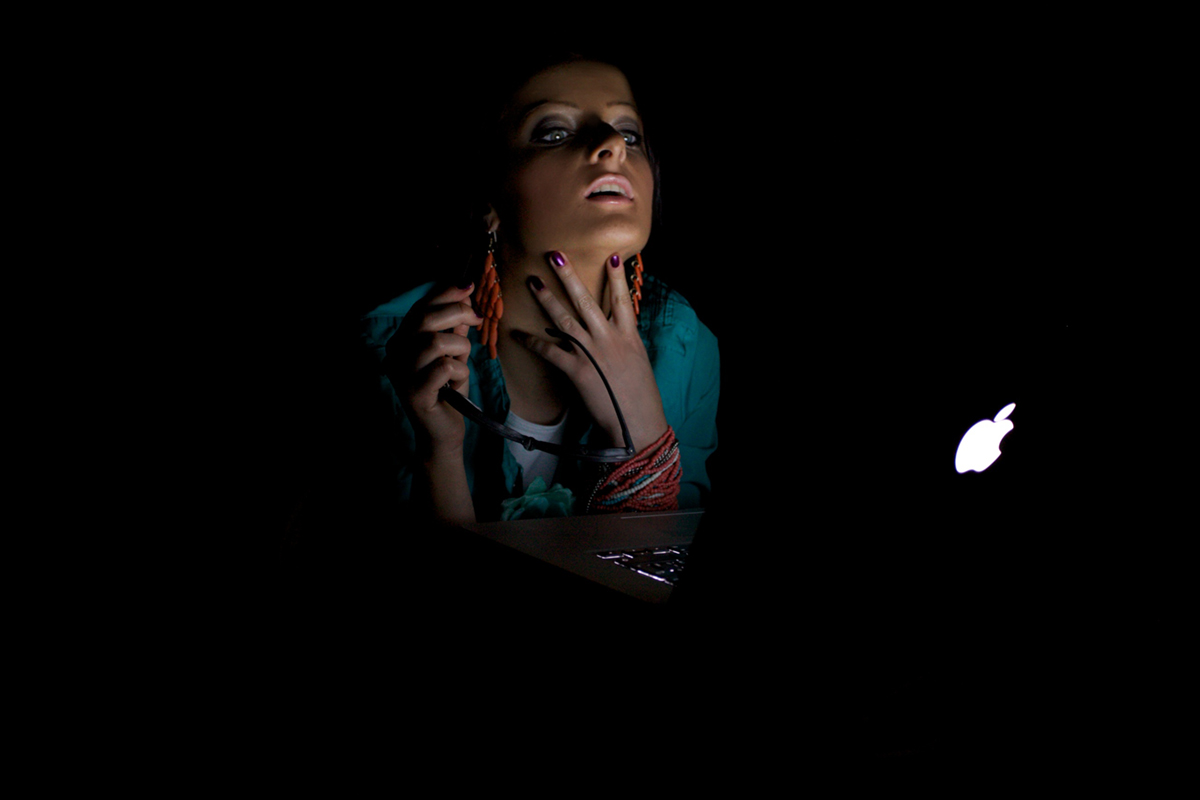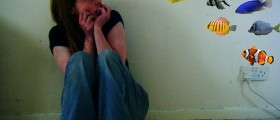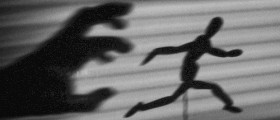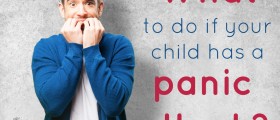
Nyctophobia is the term used to describe fear of darkness. This fear is usually occurring during childhood and spontaneously disappears. However, in some cases, nyctophobia is persistent and it can affect adults. In those cases, this condition can disable a person to function normally. Nyctophobia is not the usual fear, but extremely intense fear, appearing without any objective reason, and people who suffer from this phobia avoid darkness, sleep with the lights on, and have always portable lamp with them. Some experts say that this fear is inherited from our ancestors who had to survive in the dark and to fight with different animals during night, in order to stay alive.
Symptoms of nyctophobia
The usual signs of this condition are nervousness and discomfort in the dark. However, these signs can be different at different individuals. There are individuals who only feel nausea and discomfort in the dark, but there are also those who feel extreme and paralyzing fear. The signs of this phobia are numerous, but some of them are dryness of the mouth, irregular heartbeat, disability to move, shortness of breath, increased rate and depth of breathing, tremor, negative anticipation, and feeling that a person is losing control over him or herself.
Nyctophobia diagnose
Most of the people are aware that they suffer from nyctophobia. These individuals know that their phobia is disabling them to function normally and they also understand that there is no objective reason for their fear from the dark. The sufferer can talk about this problem with the general practitioner and he or she can be advised to visit a mental health professional.
Treatment for nyctophobia
Fortunately, nyctophobia is successfully treated with psychotherapy and pharmacotherapy. The most effective is cognitive behavioral therapy and some of its techniques such as flooding. That is when a person deliberately stays in the dark despite the fear, and the idea is that the fear will eventually disappear after a person realizes that nothing bad is happening in darkness. Some experts use hypnosis in the treatment of this phobia. When the physical symptoms of fear are very strong, they can affect a sufferer’s quality of life. In those cases, anxiolytics can be prescribed in order to relieve the symptoms.
It is very important to treat your phobia because without the proper treatment it can take control over your life, which means that is can affect your professional life, your social abilities and your personal life. Therapy can help you with your negative anticipation in the dark and it can change your way of thinking. Cognitive therapy works on replacing irrational and dysfunctional thoughts with more functional and constructive way of thinking.














-Causes,-Symptoms,-Diagnosis-And-Treatment_f_280x120.jpg)


Your thoughts on this
Loading...